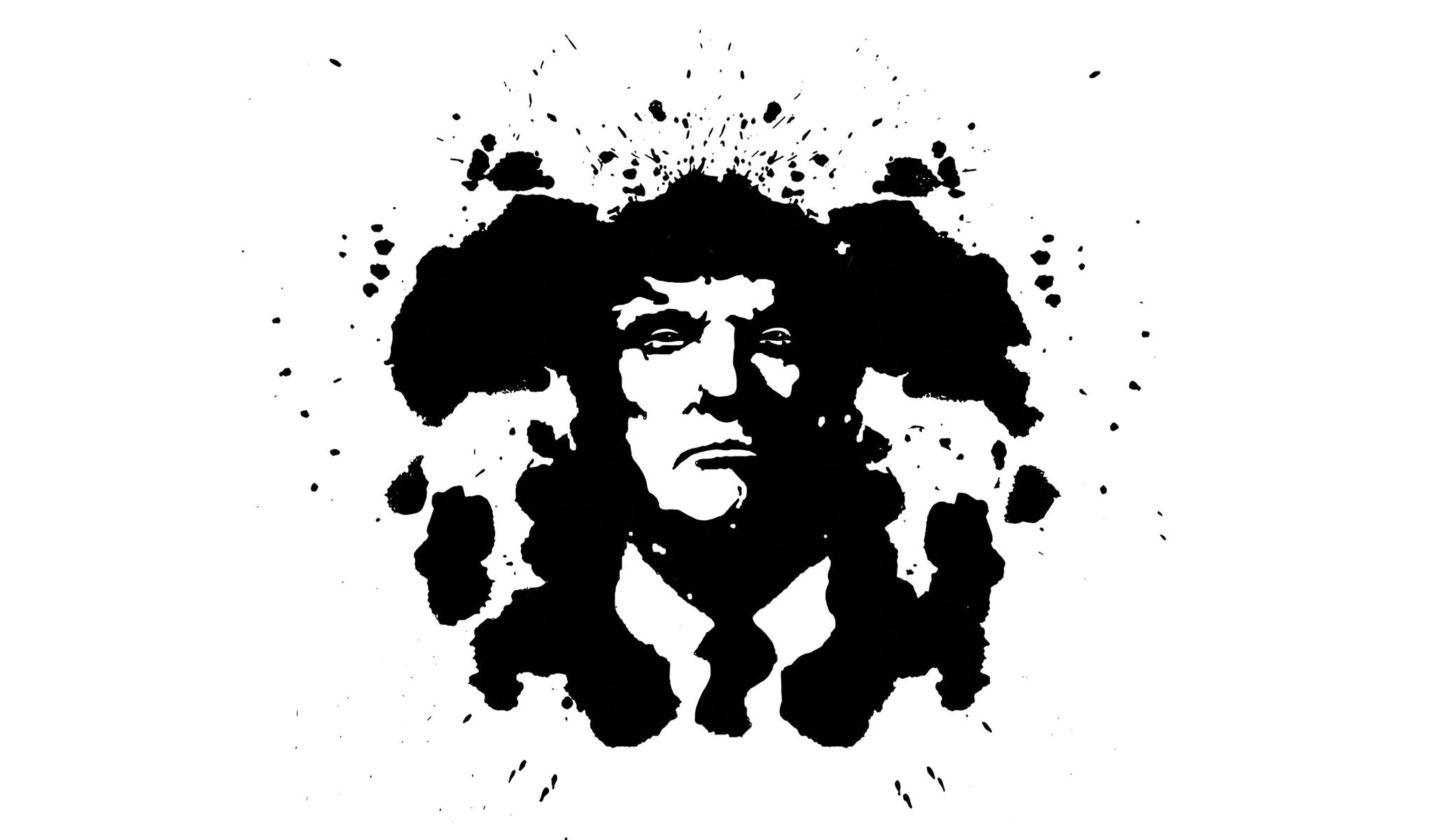
Despite polls that consistently showed Donald Trump running a competitive race in 2016, his winning the presidency came as a shock to most of official Washington, the media, and other “sense-making” institutions in this country. The sight of such a norm-breaking figure taking the highest office in the land seemed to unscrew the loosest screws. Trump’s behavior — whether throwing a Starburst candy at Angela Merkel (“Don’t say I never give you anything”) or tweeting about how his nuclear “button” was “much bigger” than Kim Jong-un’s — drove some people genuinely insane and inspired outlandish conspiratorial thinking and behavior in opposition to him. It also degraded public discourse and the image of republican governance. The Trump presidency had high points — the roaring economy and rising wages of 2019 — and low points: the summer of riots and lockdowns. But the worst fears — the end of our democracy — turned out to be unfounded. Trump was an unpopular president with limited ability to command criminal fealty or organize a conspiracy that extended beyond a rabble. American institutions proved stronger than his egotism joined with QAnon’s muscle.











